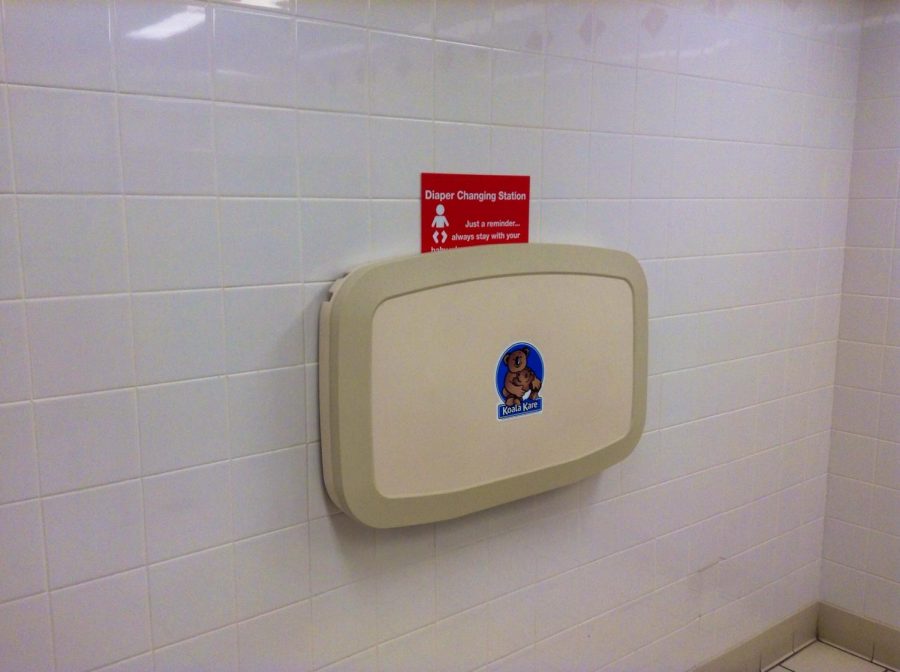Baruch should install changing tables in restrooms
December 11, 2021
CUNY schools serve a diverse student population, a significant number of them parents.
According to CUNY’s 2018 Student Experience Survey, 13% of the 2,096 respondents from across 19 different campuses answered that they were financially supporting children.
Community college students were more likely to be parents, with 17% of them answering yes to the question.
As a result, CUNY has worked to accommodate the needs of parents through its Office of Early Childhood Initiatives. The office’s responsibilities include its support of the New York Early Childhood Institute, which researches and advocates for systemic change in childcare, its development of the CUNY Student–Parent Taskforce and its role in overseeing CUNY Campus Childcare Centers — one of them located at Baruch College.
CUNY and Baruch’s historical commitment to parents and their families makes it astonishing that Baruch has not made one very simple yet impactful change to support them—installing changing tables in at least one male and female restroom in its main buildings, the Newman Vertical Campus and the Lawrence and Eris Field Building.
Baruch’s Early Learning Center is currently open Tuesday through Thursday from 8:30 a.m. to 4:30 p.m., but many students have classes after these hours. If a student, outside visitor or professor unexpectedly has to bring a young child with them to the campus, they should have the reassurance of knowing that finding a changing table will not be an issue.
The idea that infant changing tables are an essential accessibility feature already has legal precedent.
The BABIES Act, or Bathrooms Accessible In Every Situation Act, which requires public federal buildings to have changing tables in both male and female restrooms, was signed into law by former President Barack Obama on Oct. 7, 2016.
One of the arguments for the BABIES Act is the public health benefit of giving parents a designated place to change their children instead of creating unsanitary conditions.
The importance of allowing fathers to participate more equally in their child’s care must be considered in the installation of additional changing tables at Baruch, particularly single fathers and same-gender couples whose children have no access to changing tables limited to female restrooms.
Making changing tables more accessible to all members of the Baruch community and their children is neither a complicated nor costly decision; it is simply a sign of respect and a step toward improving quality of life.







